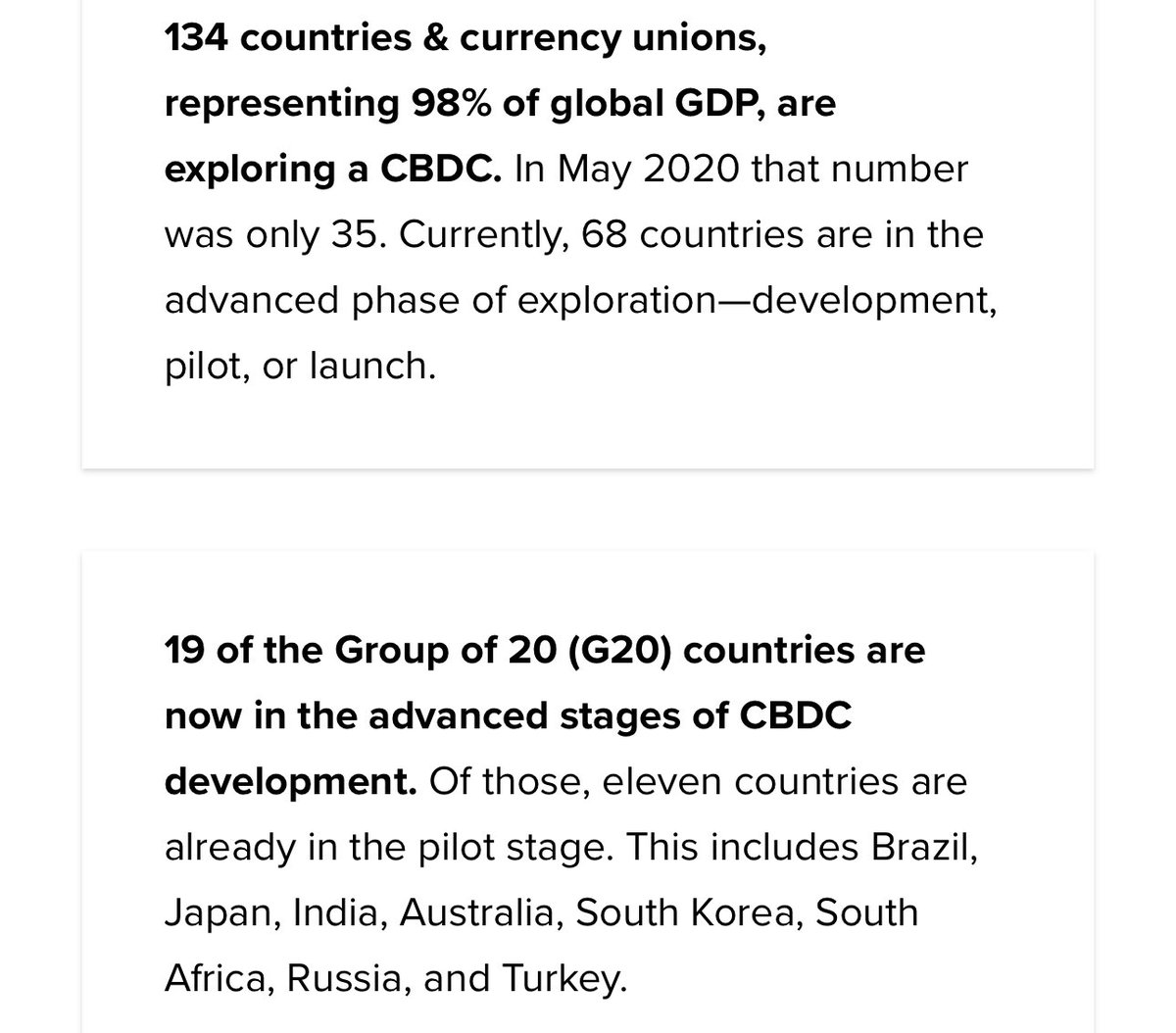people often ask me where to start regarding stablecoins. I have a syllabus that I send around, so I decided to open source it. if you read all of this, you will be pretty much up to speed.
niccarter.info/wp-content/upl…
niccarter.info/wp-content/upl…
individuals/firms cited:
@TheChicagoVC, @bluechip_org, @centrifuge, @SteakhouseFi, @sytaylor, @izakaminska, @antony_btc, @gordonliao, @jp_koning, @CampbellJAustin, @ccatalini, @mud2monarch, @LucaProsperi, @CaitlinLong_, @DefiLlama, @artemis__xyz, @RWA_xyz, @AlliumLabs
@TheChicagoVC, @bluechip_org, @centrifuge, @SteakhouseFi, @sytaylor, @izakaminska, @antony_btc, @gordonliao, @jp_koning, @CampbellJAustin, @ccatalini, @mud2monarch, @LucaProsperi, @CaitlinLong_, @DefiLlama, @artemis__xyz, @RWA_xyz, @AlliumLabs
• • •
Missing some Tweet in this thread? You can try to
force a refresh







